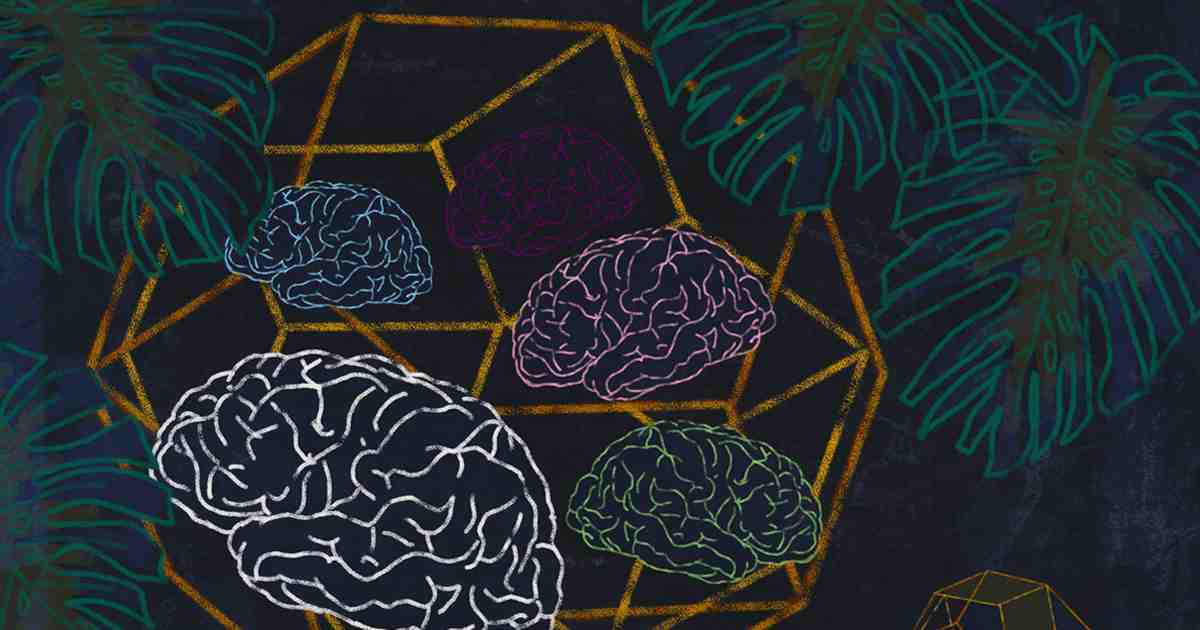Being human means dealing with the reality of our own death. As mortal beings, we will all be erased from the earth one day and be replaced by a new generation.
In less dramatic fashion, we all deal with the fear of being erased and replaced as a part of our day-to-day experience. Sometimes we don’t feel seen, heard, or respected.
And we often feel angry, alienated, and alone in the face of not being noticed, appreciated, or recognized.
As a result of this perceived erasure, we are inclined to replace real truth with convoluted beliefs, conspiracy theories, and cancerous memes to help us reduce the pain.
In preparation for writing this post, I searched the internet for “erase and replace.”
To my surprise, I found a popular song and a psychological theory.

I also found, not surprisingly, many articles on how to “erase and replace” in Excel and Photoshop. Even though I’m more intrigued by the emotional and spiritual skills of erase and replace, it struck me that, in the digital age, our image of the truth is as easily altered as making a few clicks on a spreadsheet or photo.
Both can be manipulated to make it difficult to know what’s real.
With that phenomenon in mind, let’s turn back to the song by Cinema Bizarre I found in my search. The lyrics go in part like this:
Do you erase
What you’re thinking
And replace
What you feel
Do you know how it hurts
When you lose a friend
You waste your time with anger
Waste your life with fear
Do you know what it means
When the story ends
You simply can’t help hiding
You can’t say what you feel
Whether the writers intended this or not, this song raises many questions:
- How do we know what is real?
- How do we erase and replace the thoughts and feelings that lead to despair?
- What does it mean for our life if we try to erase thoughts and feelings that cause us angst or hide from those feelings because we can’t say what we feel?
- How do we deal honestly with loss?
- How much of our short time on earth do we waste with anger or fear?
Yes, we need something to believe in—but how do we know what’s real?
The psychological theory I found through my search was developed by Hugh Harmon and Pamela Chilton in their work on the Oddessey of the Soul. One section of their work is entitled “Erase and Replace Negative Subconscious Programming.”
The main idea is that the programs of your subconscious mind either support you or get in your way.
When we accept the thoughts/words of ourselves or others as true for us, these become part of our subconscious programming.
Once our subconscious accepts any given “how to think, how to feel, how to behave” program, we can turn the work of navigating life over to our subconscious.
Thus, for many challenges and life functions, we no longer have to do the work of thinking, feeling, or acting consciously and intentionally.

In short, once we have created a narrative, we can turn on auto-pilot and just go through the motions. We no longer have to do the research, open up to new information, or dig deeply for the real truth.
The downside of this strategy, however, is that we give up whatever “free will” we may have developed over time through real effort.
For me, the keys are 1) to notice the thoughts and feelings that are driving our decisions and behaviors, 2) to open up to erasing the narratives that distract us from finding the truth, 3) to understand why we are hanging onto self-defeating or soul-depleting narratives, and 4) to commit to replacing those thoughts, feelings, narratives, and behaviors with more constructive ones.
This shift is not easy. It requires us to not only be more conscious and intentional about all our notions, narratives, and navigational tools; it also demands that we do the hard work of finding out what is true about ourselves, our loved ones, our routine relationships, our religious beliefs, and our political positions.
A brief review of big historical events makes this point clear.
Think how hard it was for people who believed the world was flat or that the earth was the center of the universe when they discovered that those beliefs were simply not true. Or consider how people still cling to the belief of creationism in spite of hundreds of years of science substantiating the truth of evolution. Or think how long we have held onto the belief that climate change is a hoax and has nothing to do with human activity.
Or take a look at how text books have erased the hard truths of Native American genocide and African-American slavery and replaced them with more “digestible,” sugar-coated views.
What is this proclivity we seem to have for erasing truth and replacing it with fiction?
In a brilliant TED talk, Titus Kaphar suggests we need to amend the narratives we have created by taking a hard look at the real truths that often get lost when we let our narratives inform our conclusions about what is happening in a painting or movie. I highly recommend you watch his presentation.
Erasing erroneous thoughts and beliefs and replacing them with science-based positions is not easy. It’s hard to let go of beliefs we have held so strongly for so many years. It’s hard to face the truth about ourselves, our limited mortality, and our limiting beliefs.
And, when we experience not being seen, not being heard, and not being respected, it is no wonder we cling more ferociously to our anger, fear, and false narratives.
When we feel we have been erased in the moment, about to be erased in the near future, or inevitably erased at the end of our life, it is no wonder we dig in our heels and fight back.

We remain blind to ourselves and to the truth. We close up, hunker down, and retreat into our bunkers. We refuse to believe that change is not only happening but is accelerating. We relinquish control to our subconscious programming and refuse to replace the thoughts, feelings, beliefs, and behaviors that are not only self-defeating but are also unsustainable.
As is the case with all skills, erase and replace skills can be for better or for worse.
On the positive side, when we notice, open, understand and replace negative narratives with positive narratives we can come closer to finding the real truth. On the negative side, when we try to erase and replace positive, progressive, and people-oriented policies with programs to enrich the wealthy and further impoverish the poor, the collective good is sacrificed.
Indeed, the erase and replace song, story, and science apply to organizations as well as to individuals.
What we are witnessing in the world today is an attempt to erase the truth and replace it with false narratives through internet trolling, fake news, and bold-faced lies.
In America, for example, we have erased no drama and replaced it with daily trauma.
I’m simply hoping that all of us take a hard look at our thoughts, feelings, behaviors, and beliefs and ask if we might be better off individually and collectively if we were able to erase our destructive narratives and replace them with more constructive ones. Instead of replacing truth with lies, perhaps we should work harder to replace lies with truth or at least amend our views as Titus Kaphar challenges us to do. Hey, if we can use our digital skills to change spreadsheets and pictures for the purposes of perception and deception, we should be able to use our emotional and spiritual skills to find our way to the truth.
All our efforts could then go toward making things better instead of making things worse.
May it be so.




Well done my man! I can’t tell you how often I realize the amount of time I spend worrying about stuff that never happens, or that I have no control over! Without AA AND you, I’d be a blubbering mass of protoplasm! Thank you for being you!